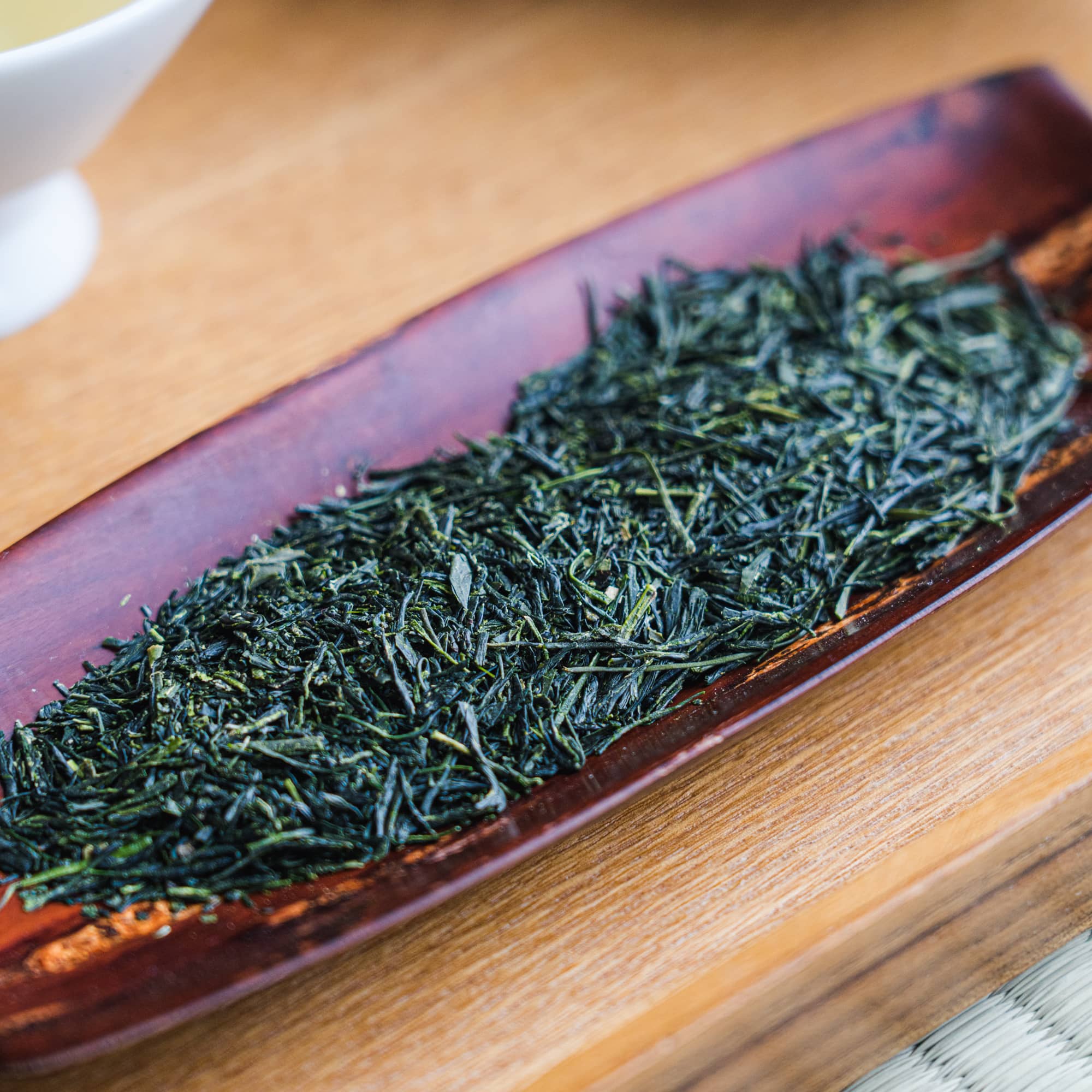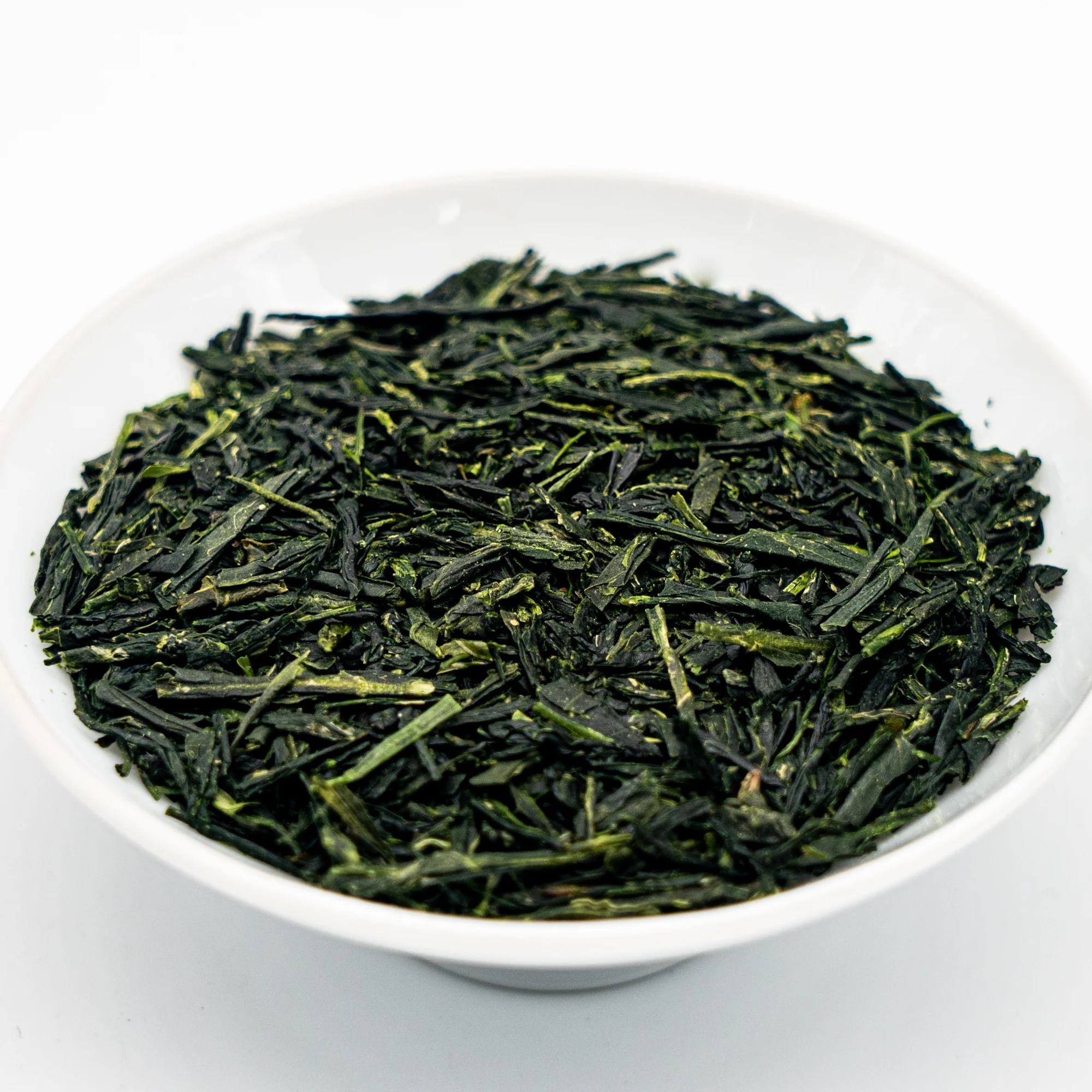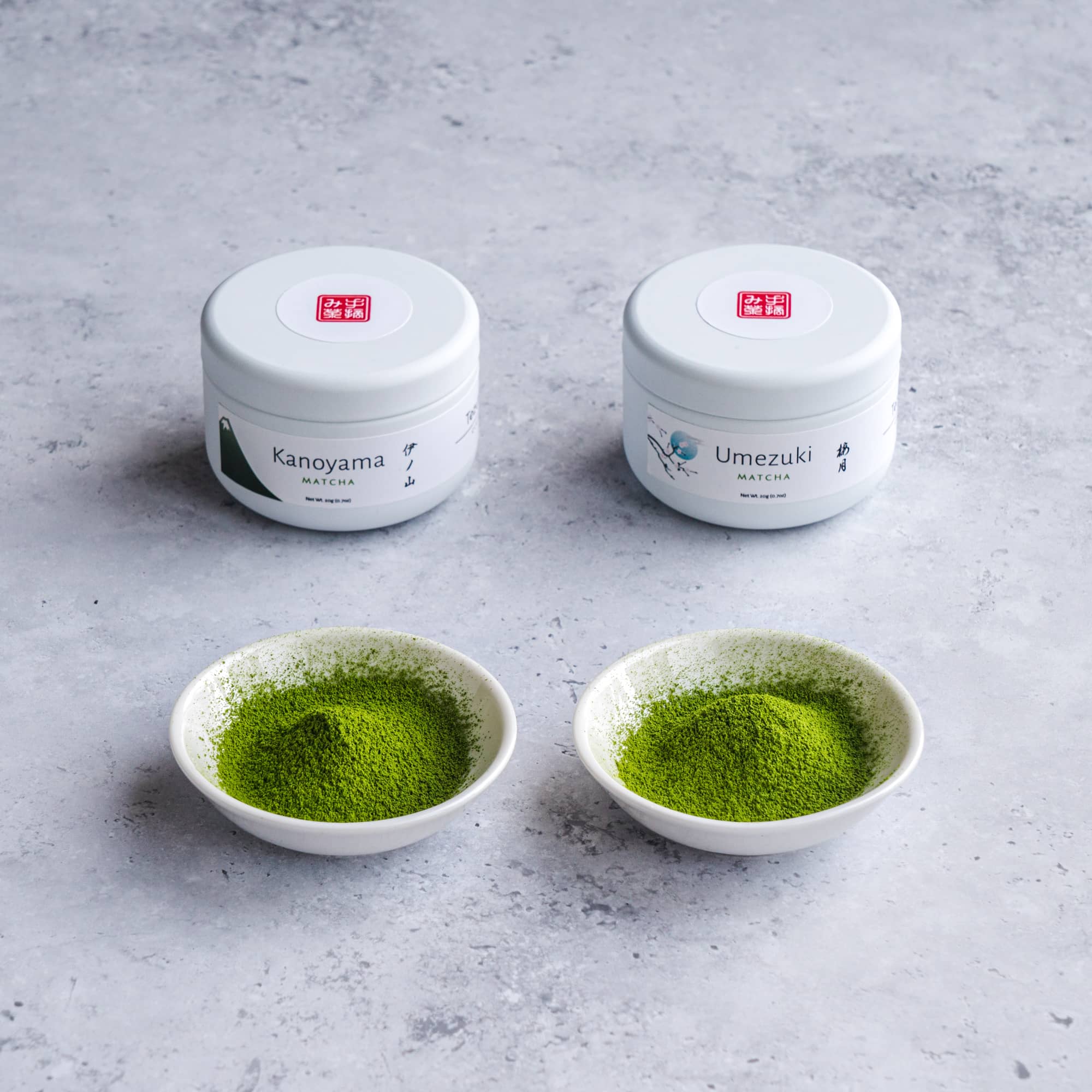Famously used to make Four Seasons Oolong, this Taiwanese cultivar was brought to Shizuoka where it yields an extremely unique sencha that is bright and wonderfully aromatic.
Of Shizuoka's many tea-growing regions, tea from Honyama is praised for its transparent and elegant taste, deriving from the mineral rich soil and the subtle, natural shade of fog and mountains. Tea grown on the slopes that border the Abe and Warashina Rivers, which flow through Shizuoka, is said to be Honyama tea. Along with the neighbouring region of Kawane, Honyama tea is often grown at a higher elevation than most other Japanese teas. Tea from this region has been grown and revered for centuries, and has even been presented as tribute to the Emperor by order of Tokugawa Ieyasu in the Edo period. Typically unshaded and lightly-steamed, honyamacha is known for its clear, crisp taste, and distinctive aroma, known as yama no kaori (山の香) or mountain aroma.

Cultivar: Si Ji Chun
Region: Honyama, Shizuoka
Producer: Moriuchi Chanoen
Harvested: May 4, 2024
Elevation: 100m
Picking: Handheld Machine
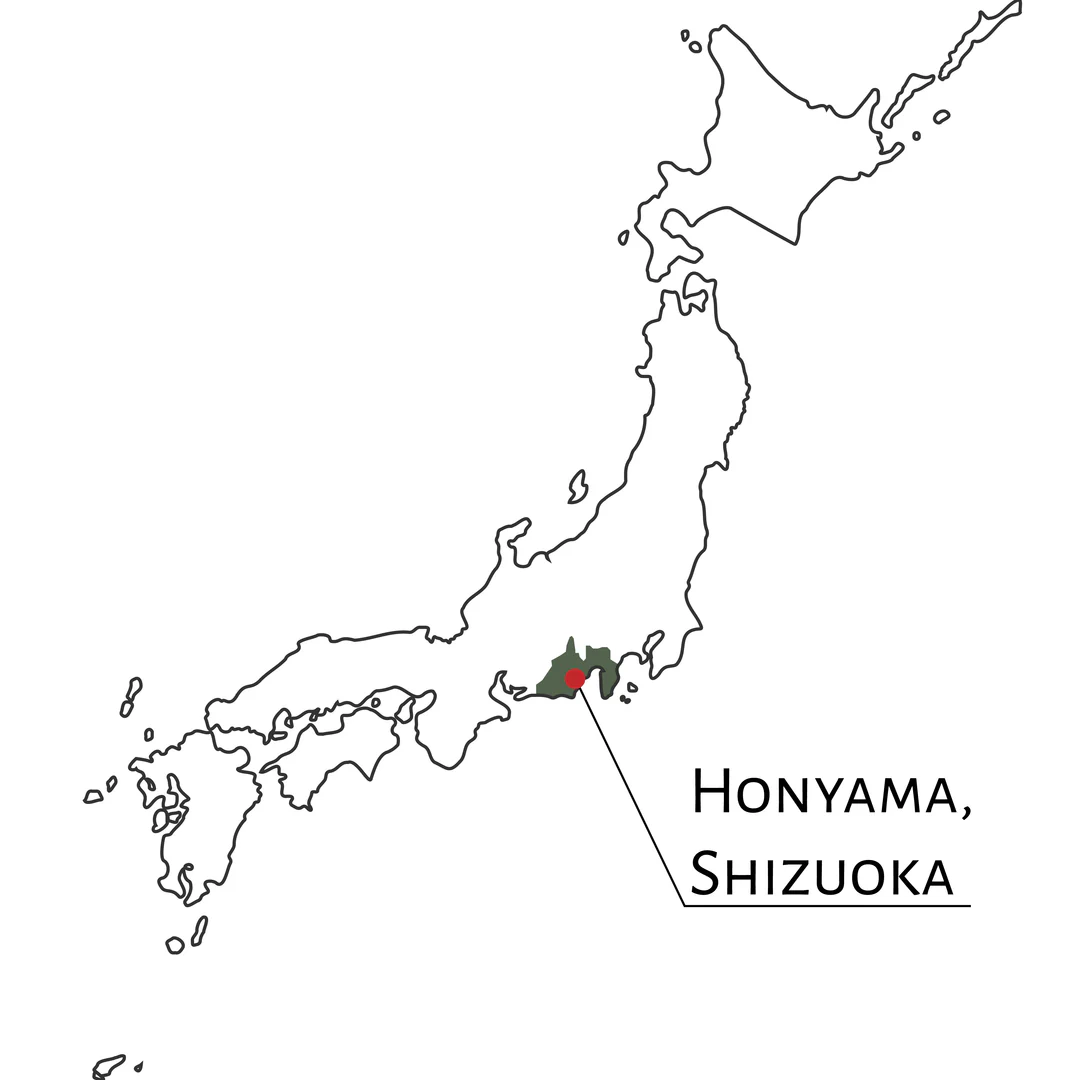
Brewing Instructions

Tea/Water Ratio

Water Temperature

Brewing Time
Meet the Producer
Moriuchi Chanoen (森内茶農園)
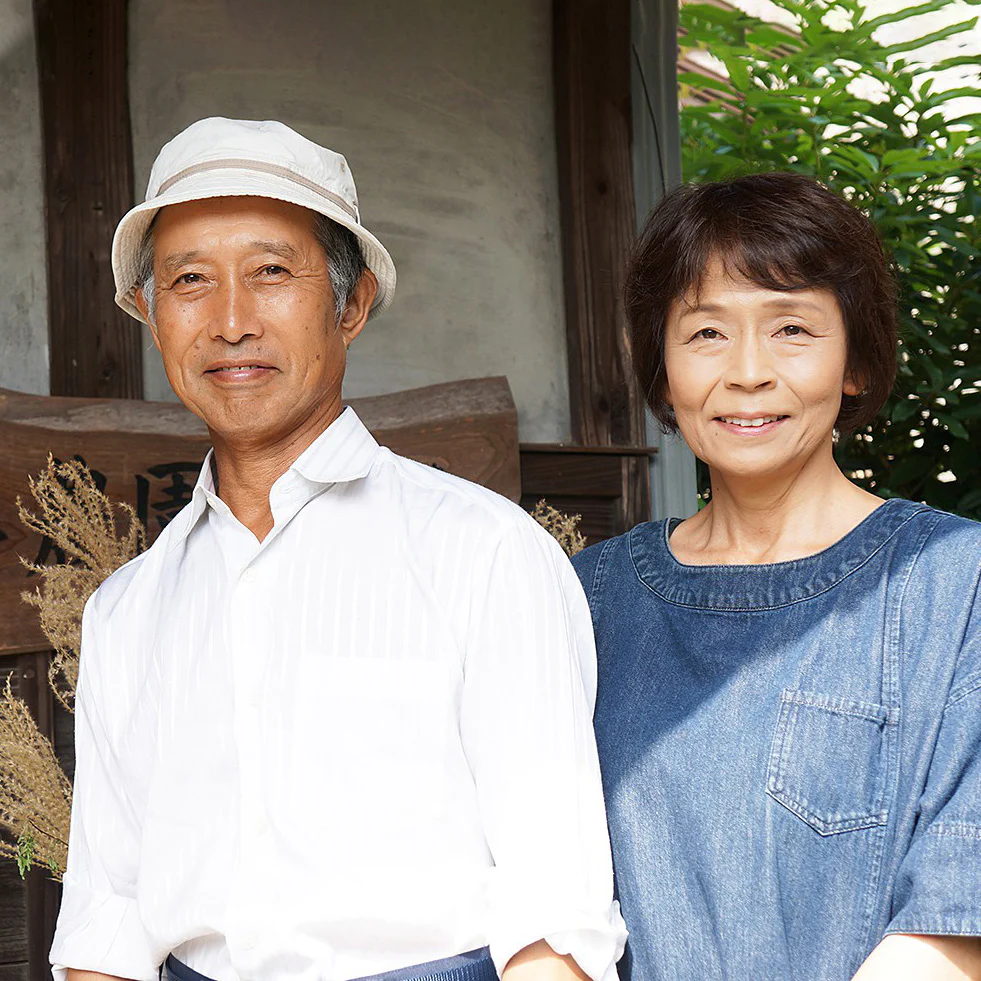
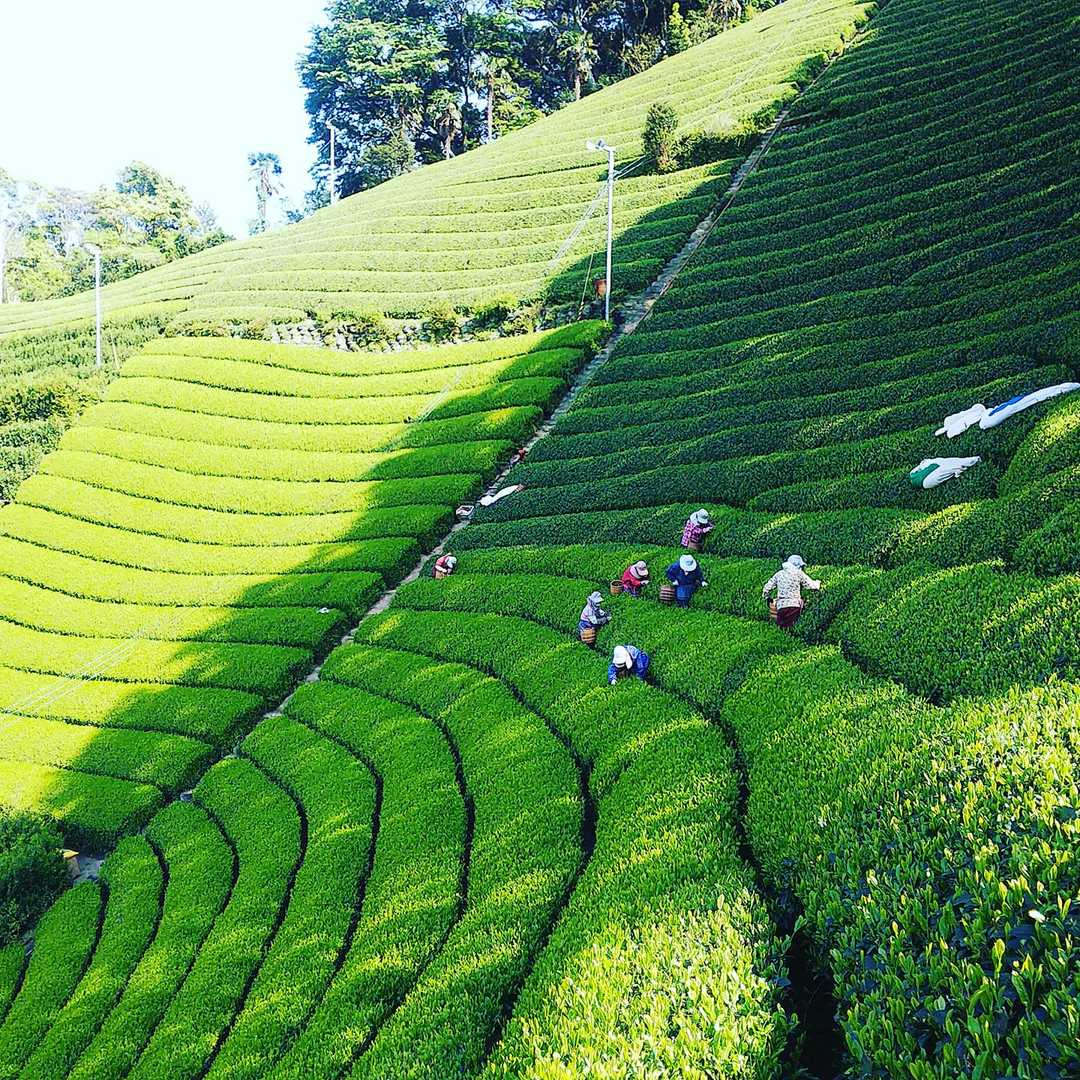
Cultivar: Si Ji Chun
Our Loose Leaf Selection
View all